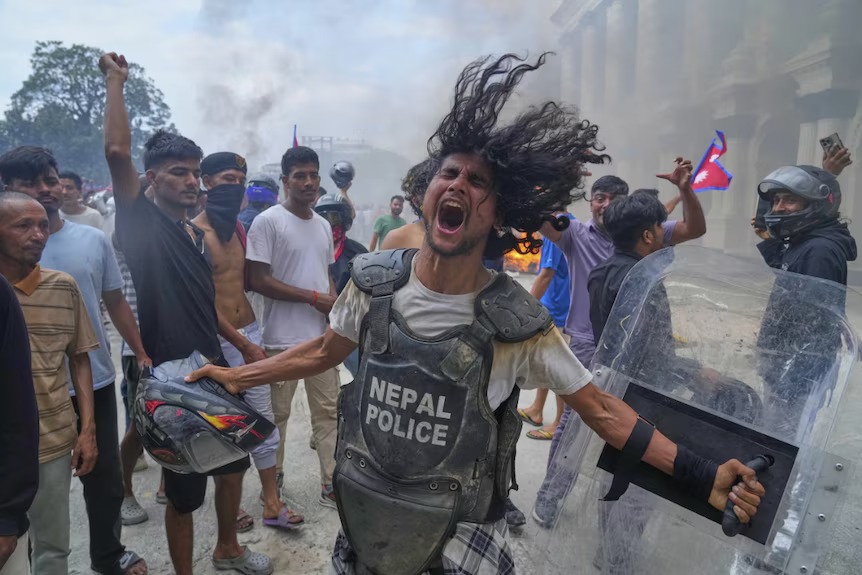
Indranil Roy - A clip from Kathmandu has been looping in my head: a young man in a dust mask darts across the street, then stops, just long enough, to haul a stranger to her feet before the next burst of tear gas pushes him on. That mix of fear and fierce tenderness feels like the true face of these protests.
What happens when a generation raised on the promise of ‘better’ wakes up to find that the line ahead never moves? Across our neighbourhood, the youngest citizens are asking exactly thatand they’re asking loudly. In Bangladesh last year, student-led protests helped topple a four-term prime minister; this month, Nepal’s streets filled with young people after a sweeping social-media ban andan eruption that turned deadly and forced a political reset. These are not small tremors; they are quakes.
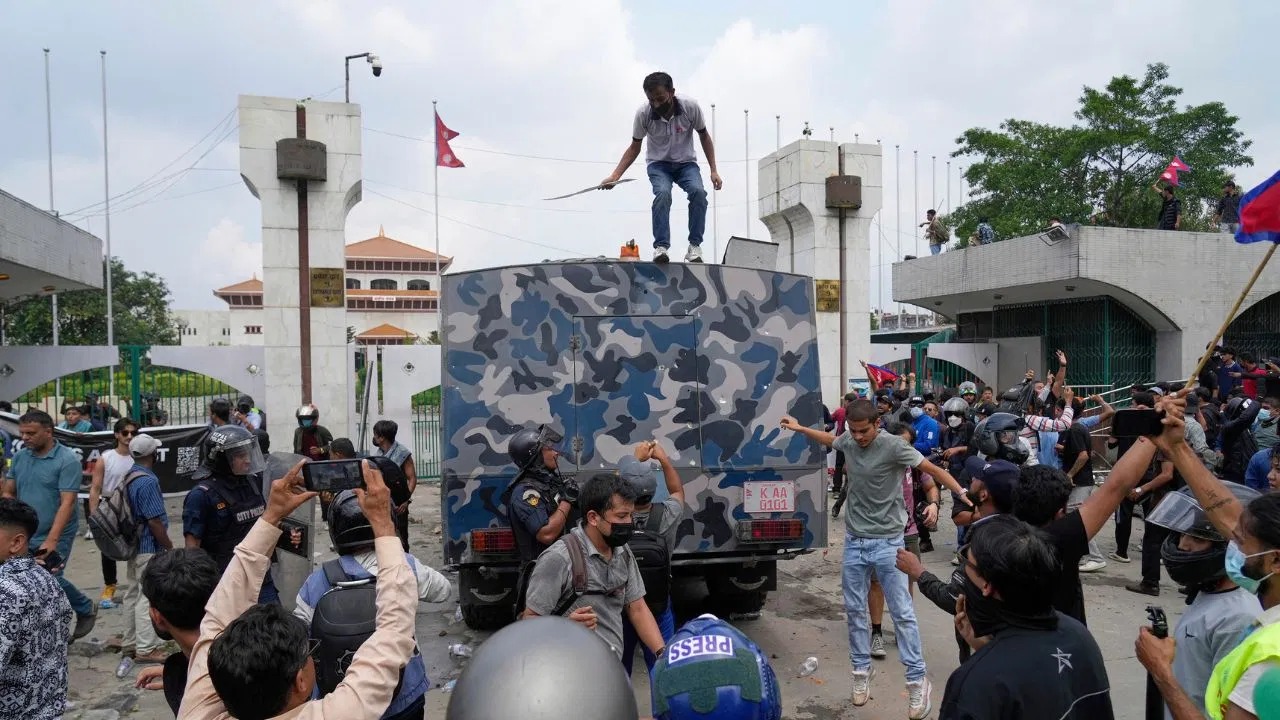
If you scroll back through the feeds, you’ll remember the red profile pictures from Dhaka; the encrypted group pings from Kathmandu; the quick, shaky videos shot from sidewalks and scooter seats. Symbols and signals, yesbut also shorthand for a deeper ache: the sense that jobs are scarce, rules are pliable for the powerful, and ordinary dignity is negotiable. In Nepal, the government’s ban on major platforms was the match; in both countries, corruption and misgovernance were the tinder.
‘Could this happen here?’We ask in India, as if the answer lives in a yes/no box. Listen closely and you’ll hear the same static: whispers about ‘adjustments,’ the bitterness of results day when leaks stain the exam you spent a year of your life preparing for. NEET-UG 2024 became a byword for broken trust; fresh allegations keep bubbling up around other tests, from nursing recruitment to state exams. If you’re nineteen and honest, how many times can you be told to keep calm and carry on?
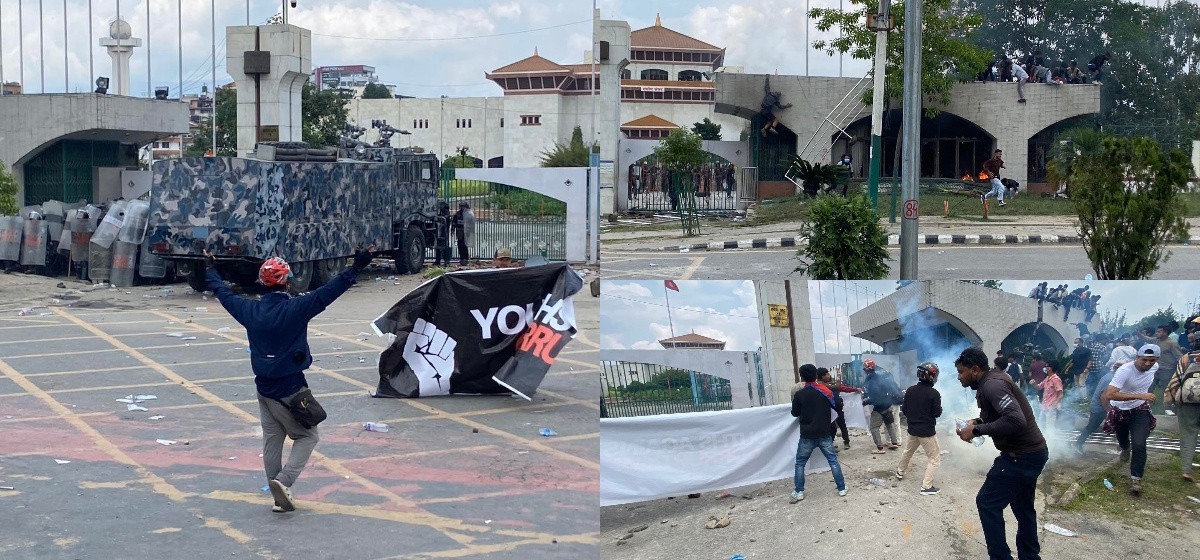
Jobs? Jobs don’t fix everything, but the absence of jobs breaks many things.Our youth-unemployment rate remains stubbornly high by global standards.Behind that percentage is a bus full of graduates going home with nothing to show for the fare. Numbers are tidy; waiting is not. A year of ‘experience required’ is a year of savings burnt. Hope doesn’t survive endless holding patterns.
And social media? It’s both an accelerant and an ambulance. It mobilises, educates, exposesand sometimes misleads or inflames. Governments respond with shutdowns and takedowns; young citizens read that, fairly or not, as a message: ‘Don’t speak.’ The evidence is plain: 2024 was a record year for shutdowns worldwide, and India’s internet freedom has been under strain with recurring blocks and content removals. In Nepal, the very ban became the spark. Trying to cork pressure rarely works; it often reroutes the blast.
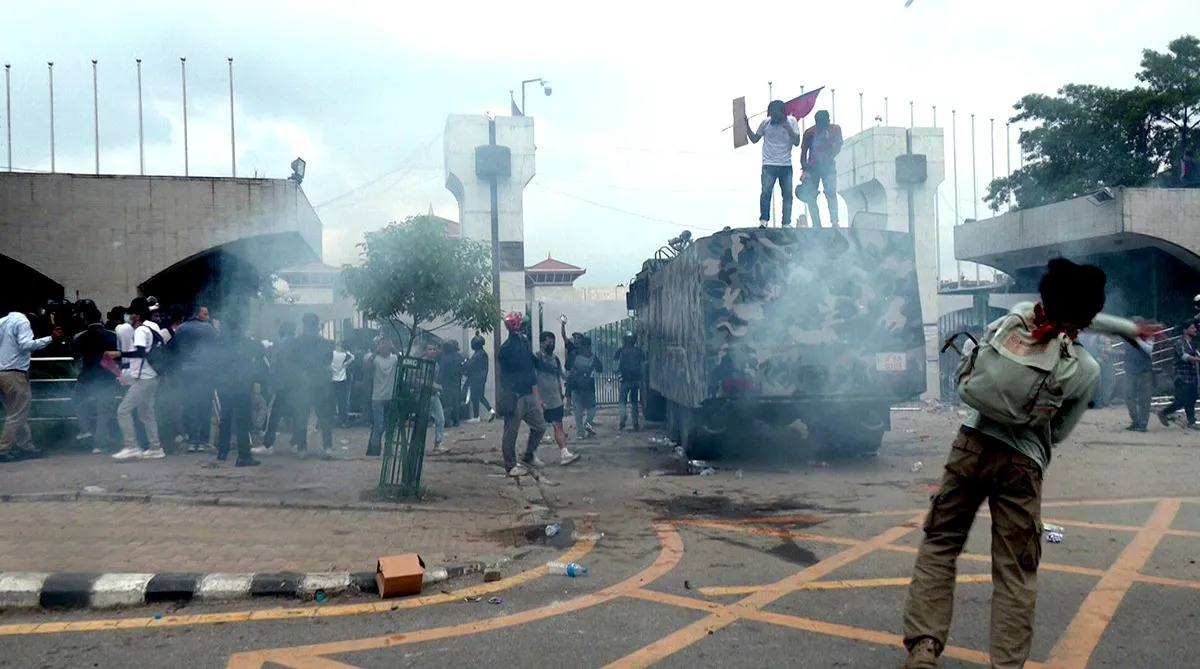
'Corruption', too, is not an academic word. It is the extra form, the hidden fee, the ‘adjustment’ you’re advised to make to move forward. On the global Corruption Perceptions Index, India sits mid-table,better than many, worse than we should accept. Young people don’t compare us to the past; they compare us to the future they were promised.
Do I justify violence? No. Nothing excuses the taking of life, the burning of livelihoods, or the thrill of destruction masquerading as dissent. Bangladesh and Nepal carry fresh scars; families will count their losses for years. But if all we learn from our neighbours is to condemn smashed windshields, we will miss the smashed trust that came first. In Dhaka, estimates of deaths ran into the thousands; in Nepal, the toll climbed past 70 within days. Numbers are cold; grief is not.
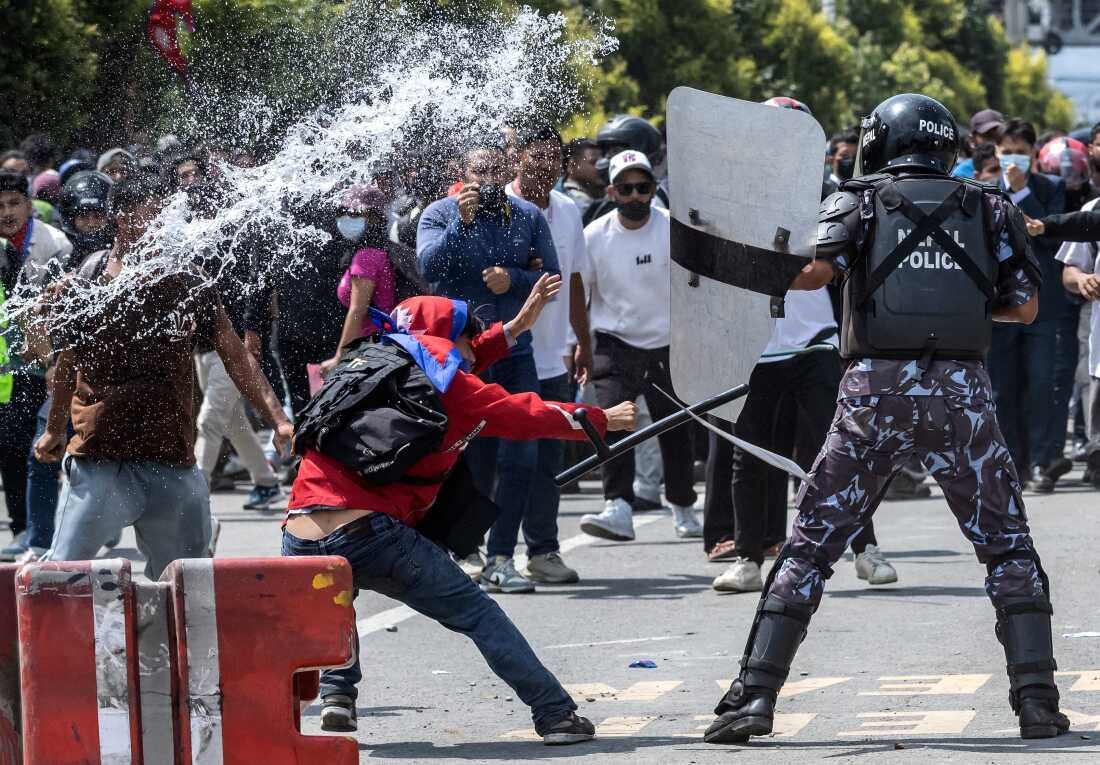
What, then, is the adult response? Start where credibility is bleeding. Seal the examination system with visible, time-bound accountability. Publish audits. Prosecute leaks. Treat fairness as sacred, not seasonal. Then, move to jobs with the same urgency we reserve for elections: apprenticeships tied to real employers; incentives for firms that hire first-time entrants; city-level ‘youth work missions’ that report quarterly, not someday. Finally, remember the power of listening infrastructure:youth councils that aren’t decorative, campus townhalls that lead to fixes, and grievance redress that works in weeks, not years. When the process dignifies you, you don’t seek dignity in the street.
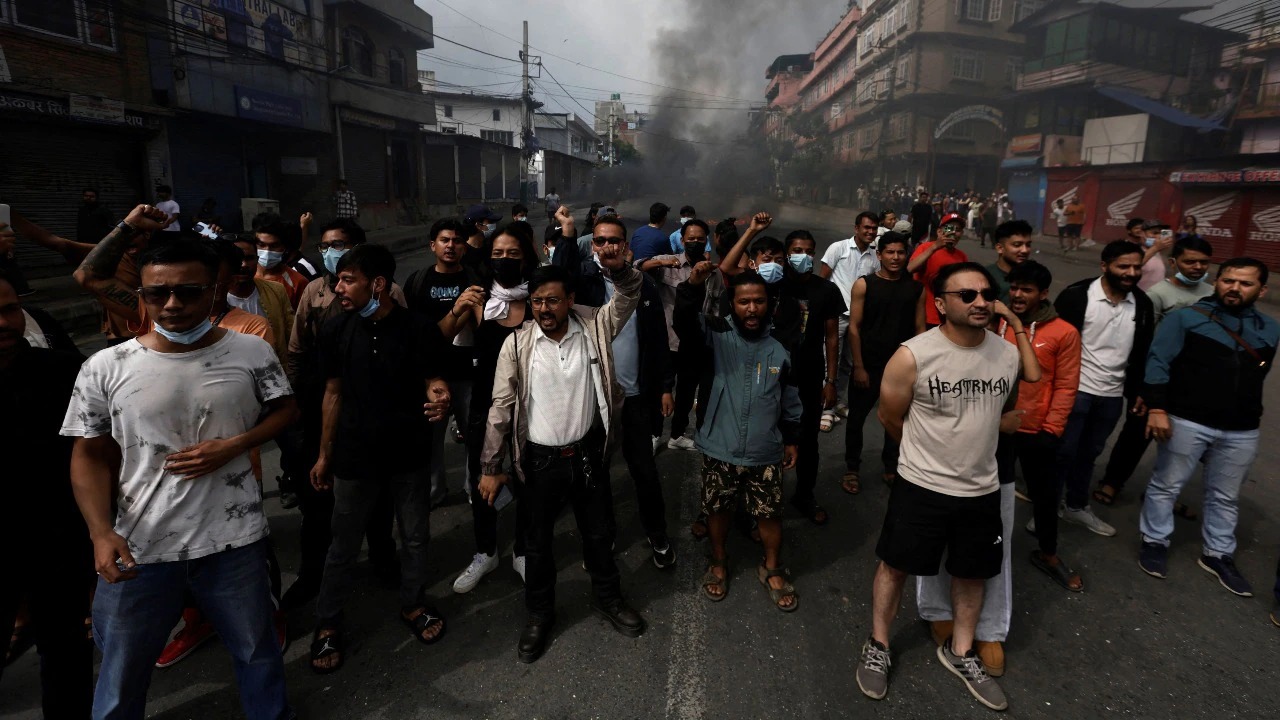
Could a ‘Gen Z uprising’ happen in India? It’s the wrong question. The right question is: do we see what they see? They’re not drunk on social media; they’re parched for fairness. They don’t want shortcuts; they want a path. Give them one, and the same energy that overwhelms barricades will build companies, classrooms, and communities.
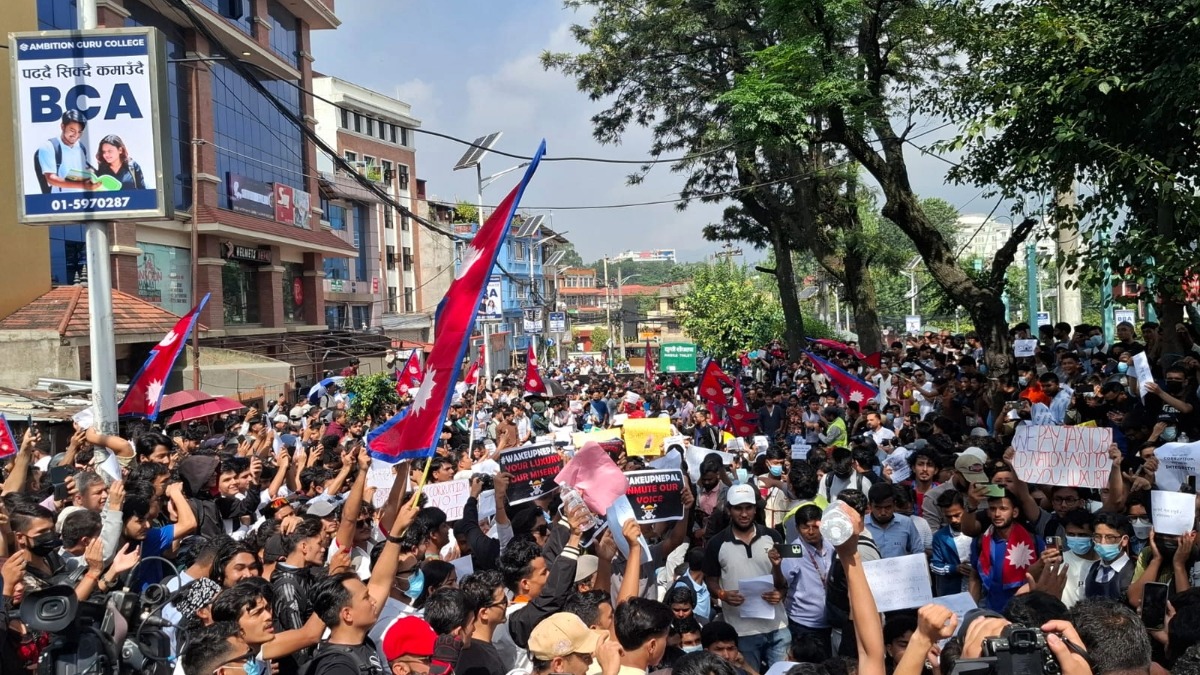
Leave bread on the table (opportunity, dignity, a say) or don’t be surprised when the plates begin to rattle. It’s late. But it is not too late.
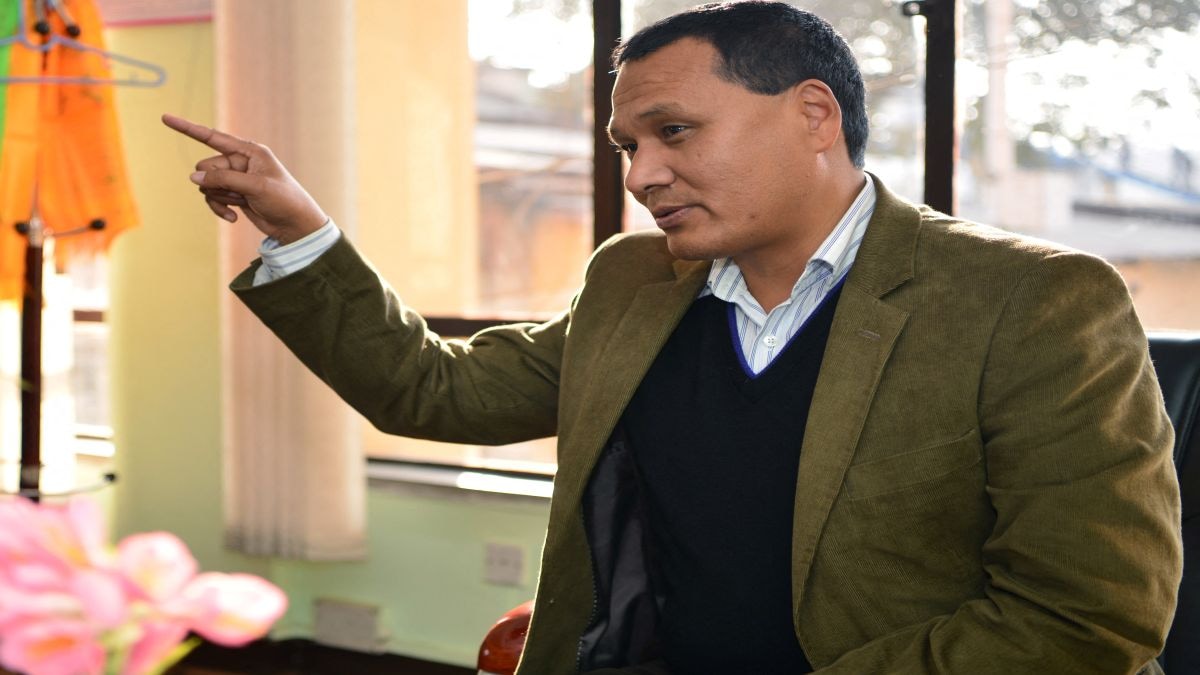
Kulman Ghising, credited with ending Nepal’s power cuts and reforming the energy...
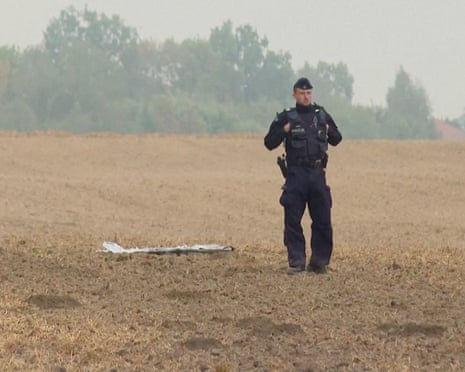
NATO forces successfully intercepted a large-scale overnight drone raid launched...

Priya Sachdev’s lawyer has questioned Karisma Kapoor’s absence from Sunjay Kapur...
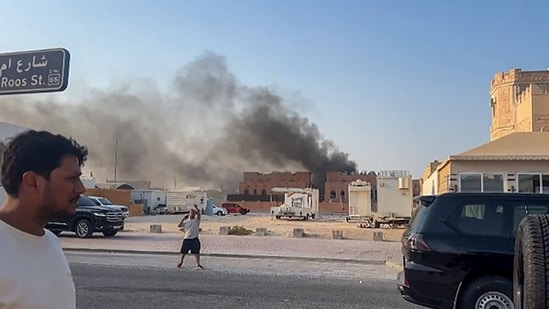
Qatar has strongly condemned what it describes as a “cowardly criminal assault”...
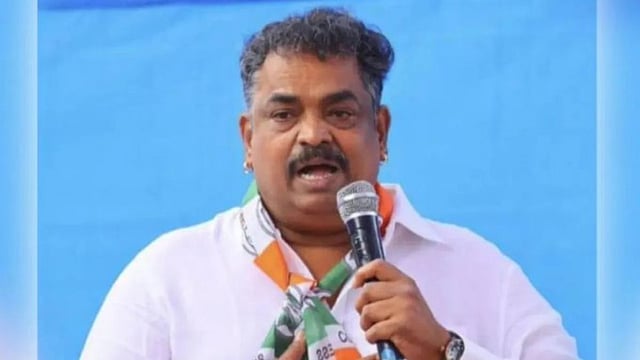
Karnataka Congress MLA Satish Krishna Sail has been arrested by the Enforcement...